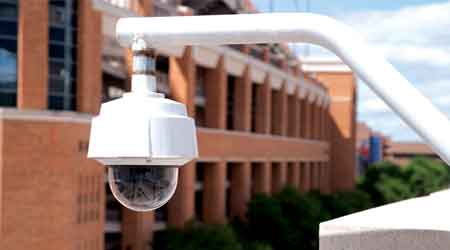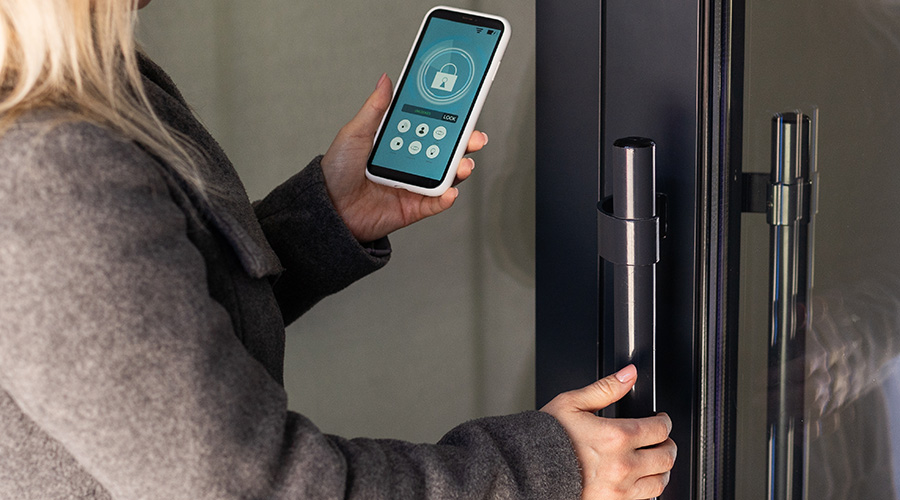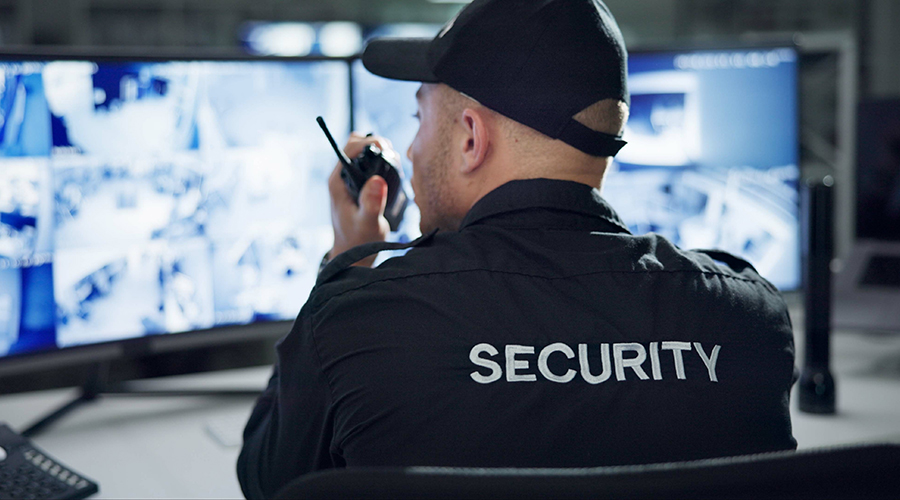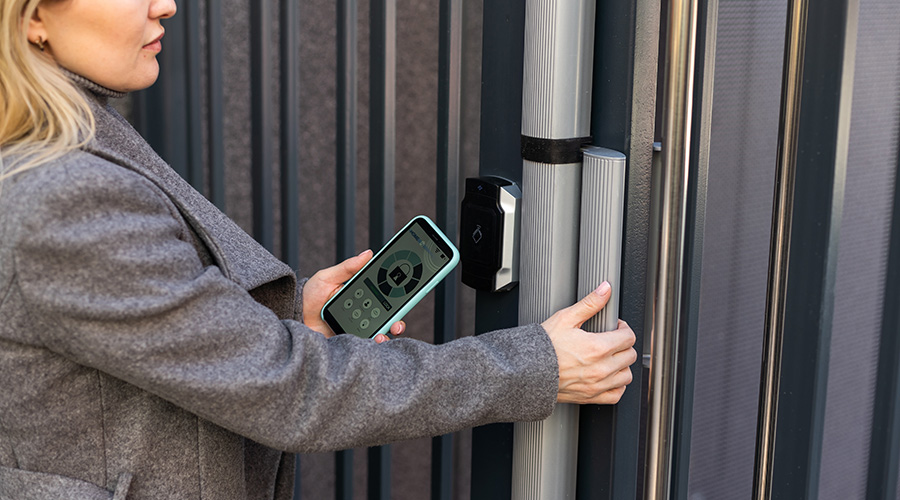Mass Shootings One Issue Among Many in Campus Security
First of a 4-part article on the increasingly complex challenge of security at colleges and universities
The tragedy that left 10 people dead at Umpqua Community College in Roseburg, Ore., adds one more incident to the list of shootings on college campuses. The statistics are sobering. Based on a study done of mass shootings around the world between 1966 and 2012, the United States has five times as many mass shootings as the next highest country, the Philippines, according to a recent report in the Wall Street Journal. While the U.S. has about 5 percent of the global population, it had 31 percent of the mass shooters in that period. According to CNN, reporting on a study in the journal PLOS ONE, mass shootings — defined as four or more deaths — occur on average about once every two weeks in the U.S., and school shootings occur about once a month. But shootings represent only one security concern for colleges and universities. Ensuring the well-being of people who work and study at colleges and universities has become more complex in recent years, and the technology used to address risks has become more sophisticated.
Active Shooters
Many lessons have been learned in the decade and a half since the shootings at Columbine. One is that, because law enforcement or backup is usually three to five minutes away, it’s important to train people in what to do before help arrives.
“Universities and other educational institutions are training people to run away, hide, and as a last response to take the shooter out,” says Robert Lang, retired assistant vice president of strategic security and safety and chief security officer for Kennesaw State University in Georgia.
Scott Merlo, chief of the department of public safety at Western Michigan University, says security people on campus can no longer wait for backup if a serious incident occurs. “If you are by yourself, you have to go in and address the threats,” he says. “We train for active-shooter scenarios, and we train with surrounding agencies, such as the sheriff’s department and the city police department.” Western Michigan has the benefit of its own police department, with 28 officers who are responsible for patrol and security enforcement on campus.
Kennesaw State trains crisis coordinators, individuals who are assigned to each building on campus and to each floor. The program has trained 250 people from all areas of the university, including people in facilities and security, along with academics and professional staff.
While people were reluctant to get involved at first, they were convinced “when we started showing them the benefit of knowing what to do, especially in an active-shooter situation when they were on their own,” Lang says.
Related Topics:















